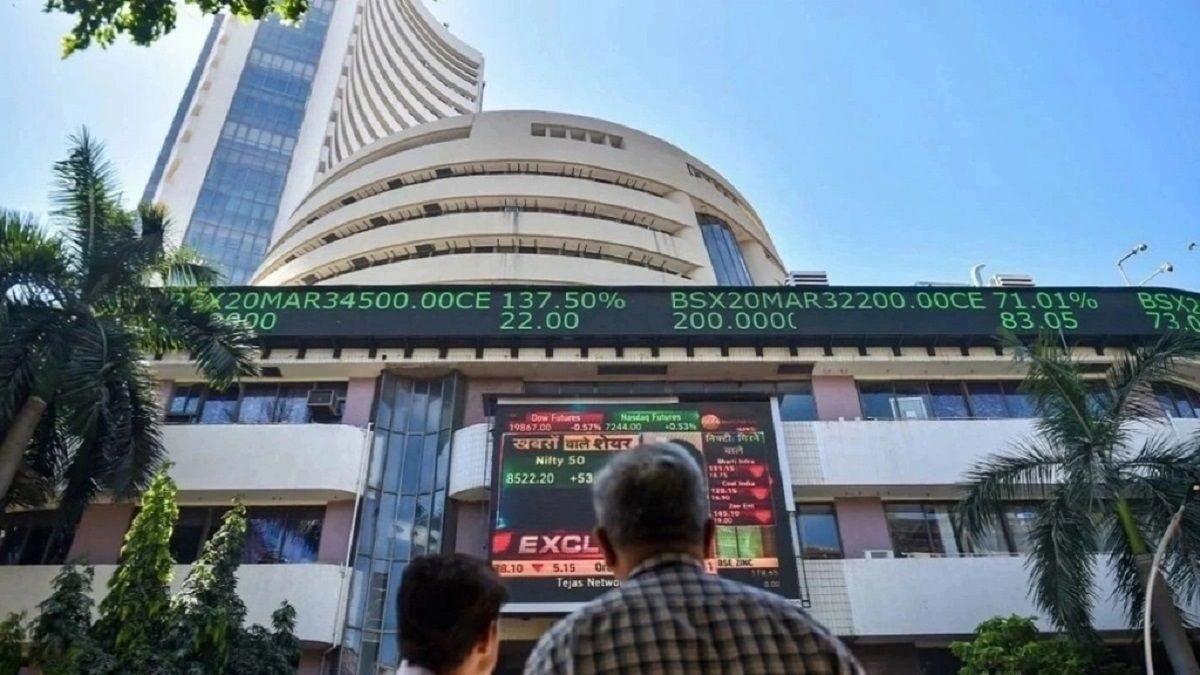ICICI Prudential Multicap Fund :Do you know about any such scheme, in which you deposit Rs 1000 every month as soon as you start your job and you get Rs 1 crore before retirement. You will also be shocked to hear such high returns given by the scheme. But this has become possible through SIP in mutual funds. ICICI Prudential Multicap Fund, the return machine scheme of ICICI Prudential Mutual Fund, has turned a monthly investment of just Rs 1000 into Rs 1 crore since its inception. Those who invested lump sum in this fund, their money has now increased 78 times.
SIP Return: 2000 rupees kept getting deducted from the account every month, suddenly when I checked the account became 1 crore, i.e. money increased at the rate of 21% annually.
Fund Rating: 4 Star
ICICI Prudential Multicap Fund was launched on 1 October 1994. That means recently this scheme has completed 30 years. In these 30 years, the lump sum return of the fund has been 15.53 percent annually. Since inception, those doing SIP are getting returns at the rate of about 18 percent per annum. The total AUM of the fund as of the end of October 2024 is Rs 14,193.16 crore. Whereas the expense ratio is 1.74 percent. This fund has received 4 star rating.
Less risk in this scheme
Although there is risk in multicap funds due to being in the equity segment, but due to the diversified portfolio, it is less than other categories. Multicap funds invest investors’ money in largecap, midcap and smallcap stocks, hence providing protection from risk. If your investment goal is for at least 5 years and you are ready to take market risk, then this fund is a better option for you.
SIP in SBI: Be it SIP or Lump Sum, this scheme of SBI Mutual Fund is superior to all in 15 years, made 1 lakh 17 lakhs
Lams even performance of the fund: 78 times return
ICICI Prudential Multicap Fund was launched on 1 October 1994. Since its launch, the return on lump sum investment of the fund has been 15.53 percent per annum. That means if someone had invested Rs 10,000 in this fund then its value now became Rs 7,80,090 and the value of investment of Rs 1 lakh became Rs 78,00,900. In this way, this fund has given 78 times return since inception.
The fund has given 33 percent annual return on lump sum investment in 1 year, 21.37 percent annual return in 3 years and 21.27 percent annual return in 5 years.
This scheme of Nippon India topped its category, increased the money 19 times in 12 years, 28% annualized return on SIP
SIP performance of the fund
If we look at the figures of 30 years SIP in ICICI Prudential Multicap Fund, investors have got about 18 percent annualized return. If someone did a SIP of Rs 1000 in this fund from the beginning, now the value of his investment has become Rs 1 crore. The value of monthly SIP of Rs 3000 increased to more than Rs 3 crore.
Annualized return of SIP in 30 years: 17.97%
Monthly SIP amount: Rs 1000
Total investment in 30 years: Rs 3,60,000
Total value of SIP in 30 years: Rs 1,03,17,001
Annualized return of SIP in 30 years: 17.97%
Monthly SIP amount: Rs 3000
Total investment in 30 years: Rs 10,80,000
Total value of SIP in 30 years: Rs 3,09,51,003
Annualized return of SIP in 30 years: 17.97%
Monthly SIP amount: Rs 5000
Total investment in 30 years: Rs 18,00,000
Total value of SIP in 30 years: Rs 5,15,85,005
Highest Return 2024: These 15 mutual fund schemes gave more than 50% returns in 1 year, leaving even the leading stocks behind in making profits.
Portfolio: Top Sector
Financial Services: 26.70%
Oil & Gas: 6.95%
Healthcare: 6.76%
Automobiles and Auto Components : 6.57%
Chemicals: 6.28%
Information Technologies: 5.40%
Capital Goods: 4.92%
Construction Materials: 4.28%
FMCG: 3.53%
Construction: 3.26%
Consumer Durables : 3.16%
Portfolio: Top Holdings
ICICI Bank: 5.50%
HDFC Bank: 3.90%
Reliance Industries: 3.75%
Axis Bank: 3.14%
Infosys: 2.18%
Sun Pharma: 2.03%
SBI: 1.84%
Maruti Suzuki : 1.83%
Bharti Airtel: 1.79%
L&T : 1.70%
HUL: 1.49%
(Note: We have given information here based on the performance of a mutual fund scheme. This is not investment advice. There are risks in the market, so consult a financial advisor before investing.)










